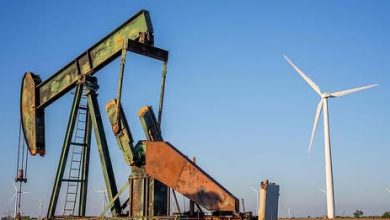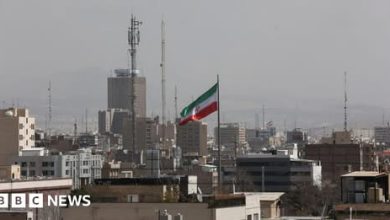SCOTLAND TO HOLD ITS OWN CORONAVIRUS PUBLIC INQUIRY

Scotland will establish its own judge-led public inquiry into the handling of the coronavirus pandemic by the end of the year, adding to pressure on the UK, Welsh and Northern Irish governments to “show leadership”, according to relatives who lost loved ones to the virus.
Confirming the announcement at her Covid briefing, the first minister, Nicola Sturgeon, said she believed it was appropriate to start the statutory inquiry “as soon as possible” and that Scotland’s lord advocate had begun discussions to appoint a judge.
At the briefing, Sturgeon also warned some Covid controls could be reimposed in Scotland after the country experienced a record rise in new cases, which have doubled in the past week.
The inquiry would take a “person-centred, human rights-based approach”, she said, and would look into all the areas that were within the competence of the Scottish government, including deaths in care homes.
Sturgeon and the former health minister Jeane Freeman have accepted that the way elderly people were discharged from hospital and into care homes in the early stages of the pandemic was a mistake.
She added that the Scottish government would continue to liaise with the UK government about its own inquiry.
The announcement came immediately after the deputy first minister and cabinet secretary for Covid recovery, John Swinney, met representatives of the Scottish branch of the campaign group Covid-19 Bereaved Families for Justice.
Welcoming the announcement, Aamer Anwar, the lawyer representing the families, said: “Today is the first important step in establishing accountability for 10,421 lives lost to Covid-19 in Scotland. Mr Swinney said that his core priority is to get the public inquiry up and running by the end of this calendar year.
“Boris Johnson should take note that his government can no longer be allowed to hold the process back from asking difficult questions.
“As for Scotland any public inquiry must be truly independent and leave no stone unturned, that is the most fitting tribute that our country can pay to the victims of Covid-19.”
Lobby Akinnola, of the UK arm of the campaign group, said: “Today’s announcement will rightly leave bereaved families across the rest of the United Kingdom wondering why this has been announced for Scotland but not in the other devolved regions.
“It’s not just the prime minister kicking the UK-wide inquiry continually into the long grass, but the Welsh assembly and Northern Irish executive, who are yet to even commit to holding a statutory inquiry into their own handling of the pandemic.
“This simply isn’t good enough and it’s time for the UK government, the Welsh Assembly and the Northern Irish executive to show some leadership and rise to the occasion and ensure statutory inquiries commence before the end of the year within the devolved administrations and for the UK.”

In May, Boris Johnson committed to holding an independent public inquiry in spring 2022.
Alan Wightman, whose mother, Helen, died in a Fife care home, said he applauded the Scottish government for taking concrete progress towards an inquiry.
Jude Kilbee, a member of another bereaved family, said Sturgeon had been “a bit emotional” at the families’ first meeting with the government in March and that the first minister had “really listened to us”.
At a subsequent meeting with Swinney and the health minister, Humza Yousaf, families had been asked to help set the terms of reference from the inquiry, “putting us front and centre”, she said. “We’re not hearing any of that language coming from Westminster.”
At her briefing, the first minister said 4,324 new cases were detected in Scotland in the last 24 hours – the highest daily figure on record, with nearly half of those occurring among under-25s.
Sturgeon said the rise in cases had been expected after the country followed the rest of the UK by removing nearly all restrictions on travel, businesses, sports and socialising earlier this month.
The “exceptional” levels of vaccinations had greatly lessened the effects of the virus but even so, if that trajectory continued some controls could be needed again to suppress infections, she added.





